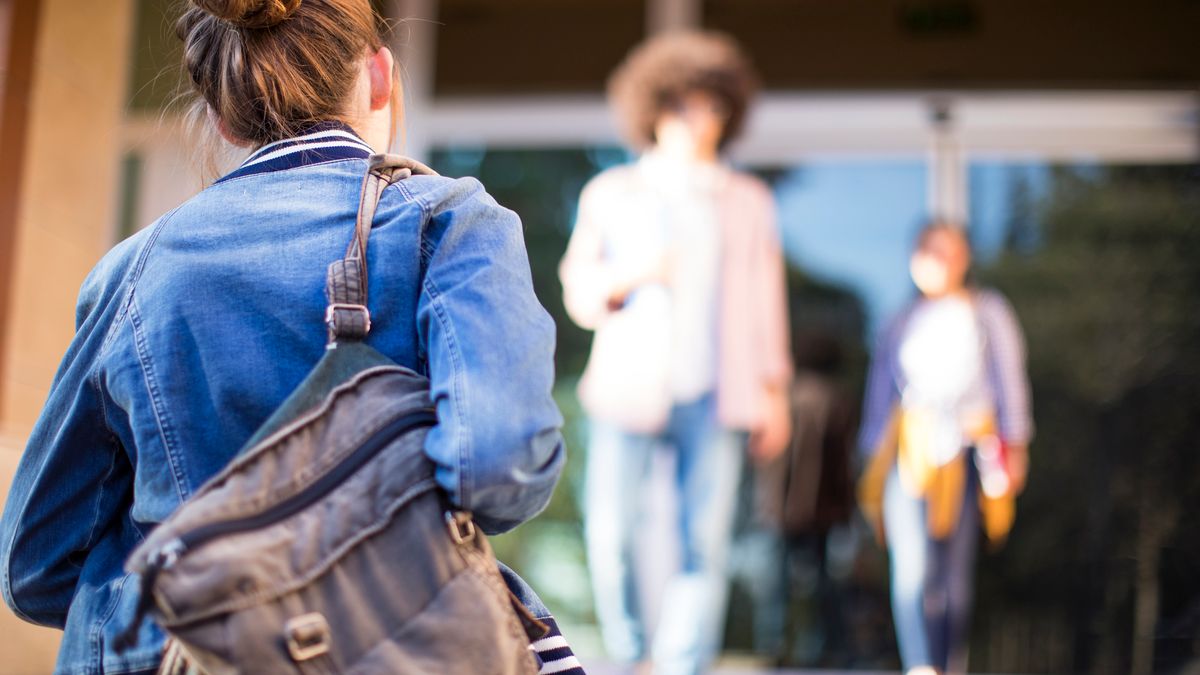
College closures make it significantly less likely for students to reenroll, earn a degree or complete another credential, according to new research.
A study from the Rockefeller Institute of Government found that students who attended colleges that shut down were about 60-80% less likely to reenroll at another institution within five years compared to those at open colleges. They were also around 60-70% less likely to earn any degree or certificate during that time period.
The findings highlight the major disruptions and lost opportunities that come with college closures. Students lose not only their academic progress and investments but also their communities, networks, and sources of identity and purpose. This makes the already difficult process of transferring credits and adjusting to a new school even more challenging.
Some key implications include:
•Lost time and money. The years spent at a closed college effectively “disappear,” and students have to pay tuition and fees again at another school. This extends time-to-degree and loan burdens.
•Broken educational pipelines. Closures can sever entire pathways or programs of study, forcing students into different fields or majors and different requirements. This is problematic for career-focused or specialized students.
•Equity issues. Low-income students and those from underserved communities are less able to absorb the costs and navigate the complexities of transfer After a college closes. They suffer disproportionate harm.
•Mental/emotional toll. The stresses of finding a new school, leaving behind familiar places and relationships, and facing an uncertain future take a significant psychological toll. This can undermine student well-being, coping skills, and motivation.
•Lost community support systems. Colleges provide more than just courses and degrees. They facilitate pivotal supports, opportunities for joy and purpose, and a network that extends far beyond the classroom. These are difficult to replicate at a new school.
•Questionable college closures continue. Despite consequences, some argue the free market should dictate which colleges thrive or perish. But others counter that policymakers need to consider the public good, not just economics, in determining the health of institutions. There are reasonable arguments on multiple sides of this complex issue.
While research highlights negative impacts, more is still needed to guide policy and practice. By gaining deeper insights into the scale, distribution and dynamics of harm, as well as factors that support student resilience and success after a closure, approaches can be developed to mitigate damage, provide meaningful assistance and build stronger systems overall. College closures will likely remain an issue for the foreseeable future, so continued learning is critical. But the costs to students, society and equity are too great not to act with urgency.